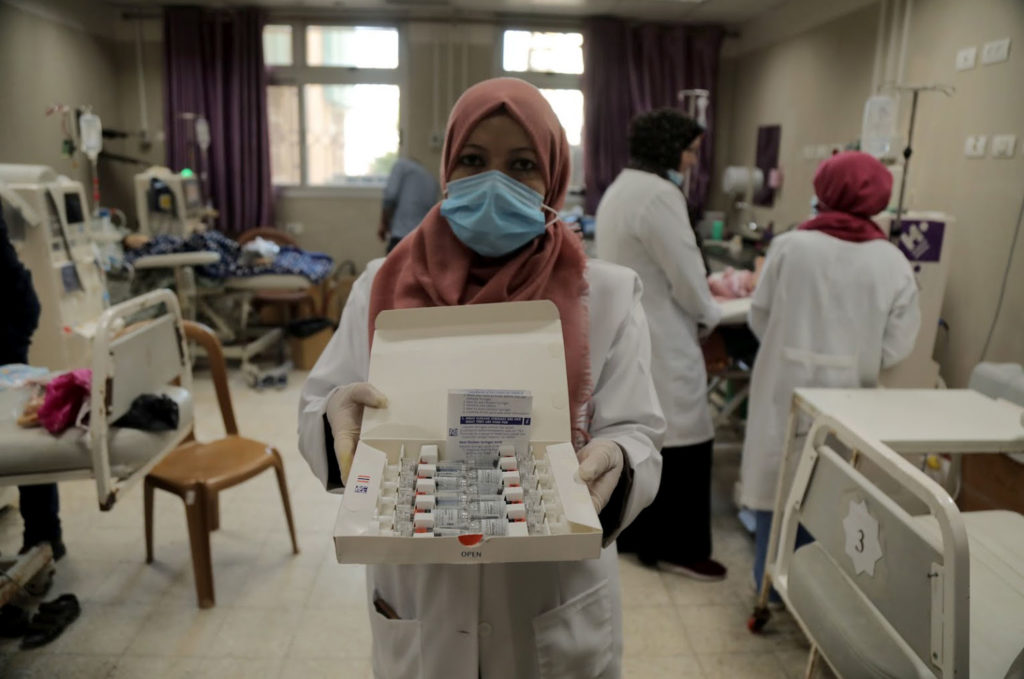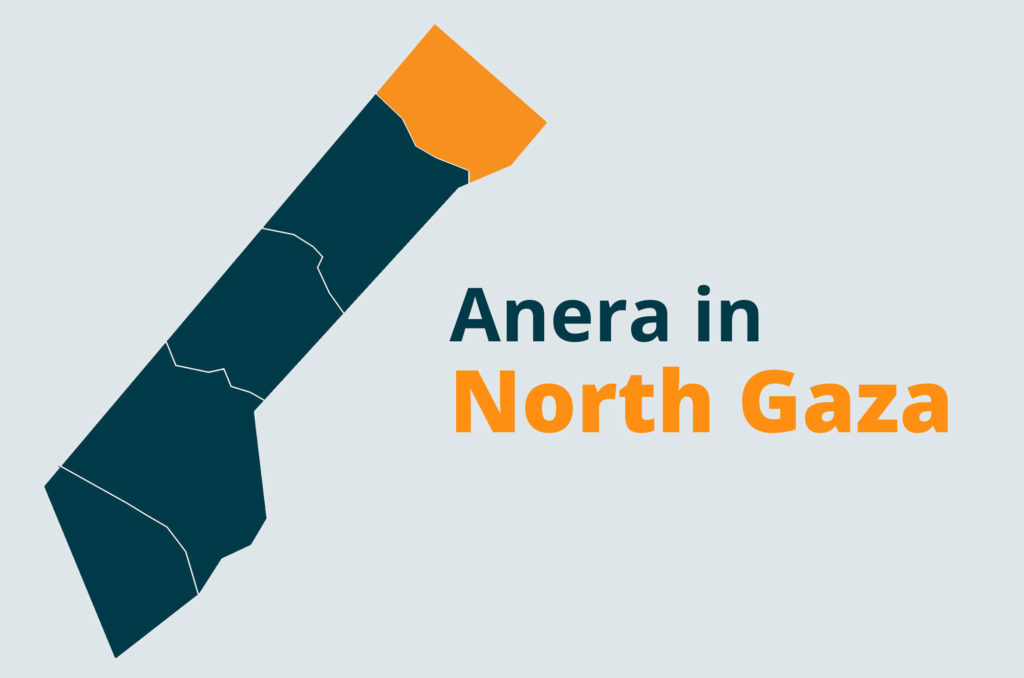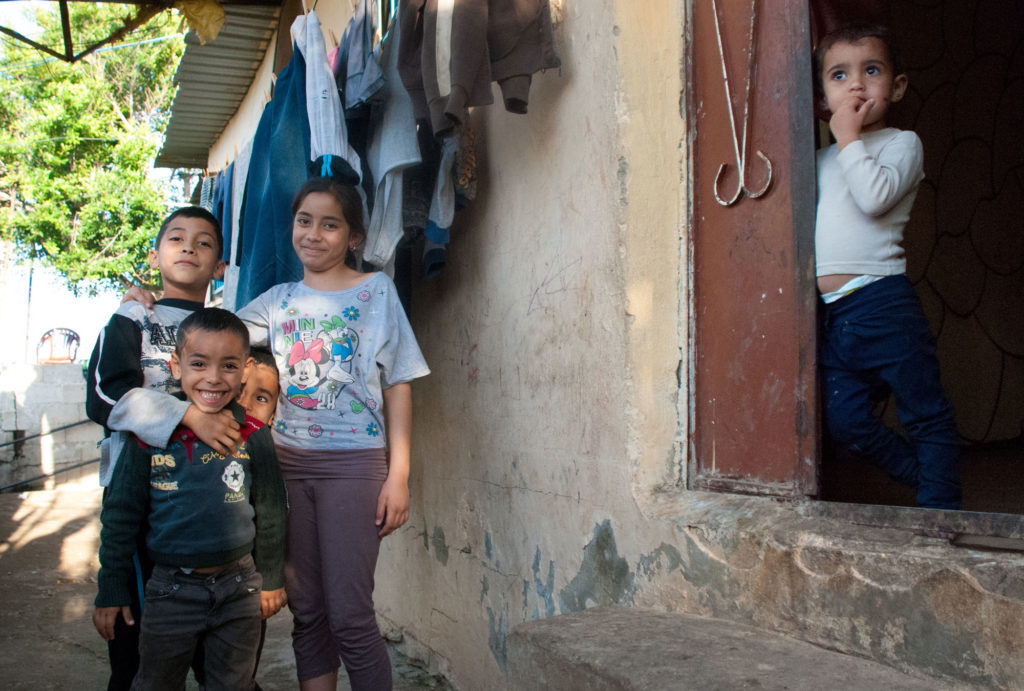HEALTH
Scarce Medicine Helps Young Dialysis Patient
Nov, 2020
Enoxaparin isn’t consistently available in Gaza. The supply is so limited that a special health committee oversees its usage.
Rafaat is feeling shy today. When we visit him at Shifa Hospital, the 12-year-old hides his face under a bed sheet. He soon falls asleep while his father tells his story.
Rafaat fell ill when he was only four months old. His family took him to the hospital, where doctors diagnosed him with cystinosis, a genetically inherited disorder.
It was his family’s worst fear. They were already grieving the loss of two of his brothers, who succumbed to the disease in their first years of life. Thankfully, Rafaat has fared better, although his life remains enormously challenging. He will likely need kidney transplant surgery to live a long and healthy life.
Rafaat lives with end-stage renal disease — a condition in which the kidneys stop functioning. He needs regular dialysis treatments to remove the waste products and excess fluid from his blood.
His father, Abu Rafaat, describes his son’s grueling treatment regimen:


“He needs to get his kidney washed three times per week. Each time we need to come up to Gaza City from Rafah to get the treatment.”


His father is heartbroken that Rafaat has missed out on a carefree childhood with family and friends.


“Instead, he spent most of his time at the hospital fighting different complications, especially renal failure.”
Dialysis sessions are uncomfortable for patients. His father asks,


“Adults can barely tolerate dialysis. How can a child be expected to deal with it?”
To minimize the discomfort and duration of his dialysis sessions, Rafaat’s doctors give him enoxaparin. The medicine promotes smooth blood flow by lowering the activity of clotting proteins, preventing or dissolving harmful blood clots and reducing the risk of a stroke or heart attack.
Enoxaparin isn’t consistently available in Gaza. The supply is so limited that a special health committee must approve its usage. And the drug’s high cost would also put it out of reach for many families in Gaza.
Fortunately, a generous medical donation from METAD and support to cover the shipping costs from Islamic Relief USA has enabled Anera to deliver this medicine to 11 local hospitals and clinics across Gaza.
The views expressed herein are those of Anera and shall not, in any way whatsoever, be construed to reflect the official opinion of IRUSA, its Islamic Relief affiliates, or its donors.


